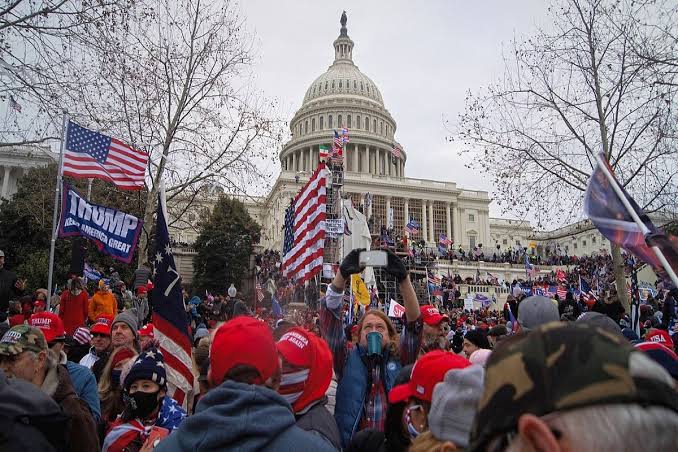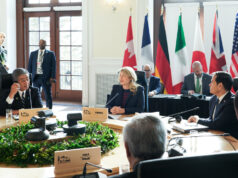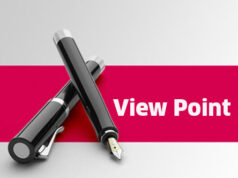US plutocracy : elections can be bought

By
Bradley Blankenship
Insider and several other news organizations have identified 74 members of Congress who’ve recently failed to properly report their financial trades as mandated by the Stop Trading on Congressional Knowledge Act of 2012, also known as the STOCK Act which prohibits the use of non-public information for private profit.
This followed the 2020 congressional insider trading scandal that happened at the onset of the COVID-19 pandemic in the US, when several members of the US senate were caught making stock trades after being briefed about the coronavirus and the massive impact it would have upon the economy, jobs and the stock market.
Each of these scandals resulted in zero conviction by the Department of Justice. Some members suffered short-term political misfortune – but this was marginal, at best. The reality is that members of Congress, including the country’s third-highest-ranking official in the US government, House Speaker Nancy Pelosi, are reportedly frequently engaged in such acts and are never brought to justice for any crimes they commit.
There are a number of points to elaborate on this that are relevant to the upcoming midterm congressional elections. For one, the entire US political system encourages corruption because politics is essentially reduced to money. Being able to outspend political opponents is an accurate predictor of electoral success which is basically the most important factor in any election.
The way that campaign finance laws are structured – especially the landmark 2010 Citizens United case that now equates money with free speech and legalized so-called “dark money” – means that candidates and sitting politicians spend the vast majority of their time asking people, particularly wealthy people, for money.
Naturally, this leads to pay-to-play schemes and political favors being accounted for. Some political scientists in the US have thus argued for publicly-financed campaigns to ameliorate this issue, which is already the norm, for example, in Germany and other Western European countries. The status quo means, in a nutshell, that elections can be bought and that politicians find themselves indebted to the people that finance their campaigns.
Secondly, being a member of Congress isn’t profitable compared to private sector careers and is, in fact, costly. Members of Congress make over six figures, but this isn’t a high salary when they have to self-finance their accommodation both in-district and in Washington, D.C., plus their travel costs. This further increases members’ dependence on campaign contributions and prices average people out of political office.
As Congressman Dan Crenshaw hinted (rather crudely, in my opinion), this means that only people who are already wealthy can even afford these costs or that politicians have to engage in unsavory business practices (like insider trade) to stay afloat. Of course, the extent of some members’ wealth gains while in office, such as Speaker Pelosi, blows this totally out of the water. Clearly, they’re using these trades to enrich themselves outright.
The way the so-called democratic system is currently conceived in the US leaves much to be desired, to say the least. What is clear-as-day corruption in most comparable Western countries is the standard working order in Washington. The US political system not only provides incentives for politicians to enrich themselves while in office but pretty much requires them to do so in order to even live a decent life.
This has obvious drawbacks with regard to the quality of American democracy. Studies have shown that the US democratic system is a functional plutocracy, for example, a government run by the wealthy. Likewise, the fact that elections can be purchased is an open secret; the courts have codified it and it’s widely discussed by the public as well as openly in the media.
This creates such a degree of cynicism that makes people lose faith in the system altogether. This is, in my opinion, reflected in the high amount of eligible adults that don’t vote – usually floating around half the voting-age population in most elections – which suggests that elections in the US do not reflect public opinion, not to even mention the other baked-in issues such as the electoral college.
The author is an American journalist, columnist and political commentator




